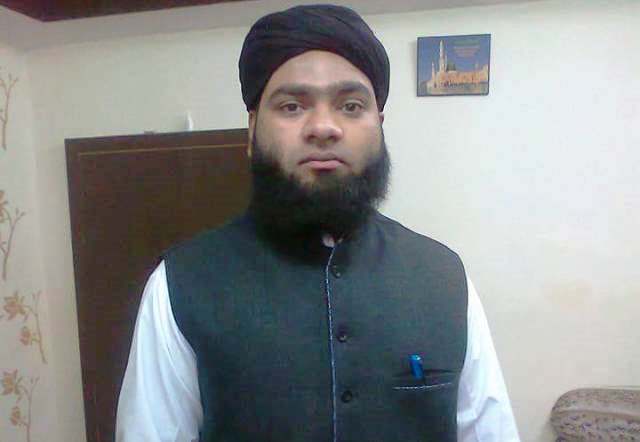Mufti Danish Ashrafi Qadri, 29, teaches at a madarsa in Moradabad, Uttar Pradesh. Qadri feels Muslims should let go of the Babri Masjid issue and concentrate on solving real problems
I teach at a madarsa and conduct the namaz at a local masjid. As a mufti, I have read the Quran and Hadees in detail (a 9-year-long study is required) and have legal powers under Islam. Being a Mufti, I can tell you that the Quran says that Allah’s ibadat can be done anywhere. I also subscribe to the thought that God can be found in one’s heart and even though a place of worship is more ‘conducive’ and ‘helpful’ in finding peace, if any place of worship is causing non-peaceful situation, a Muslim should let it go. And therefore, I am okay with the Ayodhya verdict that came out on November 9.
A masjid is also known as Baitullah (the house of Allah). People were asked to come an offer the namaz together because it fostered a feeling of community-bonding and love among people. It is similar to kirtans and kathas in Hinduism. And the word masjid comes from sajda (which means bowing down), a place where you bow down in front of Allah, and let go of your ego, and surrender. I would say people should now leave the Babri Masjid / Ram Janmabhoomi temple issue into the hands of the very God who is at the centre of this issue.
The Quran talks about sabr (patience) and shukr (gratitude). One can be patient only when one has deep faith in God, otherwise it is difficult to be patient. So each moment in life is either an opportunity for sabr or shukr.
Islam focuses a lot on community building. About 1,400 years ago when Prophet Mohammed (PBUH) was blessed with being a messenger of Allah and when Islam started, masjids were meant to build communities. Not only people came together collectively to surrender their egos, masjids also functioned as community halls as well as places of justice where people could bring their problems and the elders and the knowledgeable could help solve them, much like how panchayats function. It was meant to be a place where everyone felt loved and accepted. However, some people who are what I call possessed ‘mazhabi shiddat’ or are under the influence of ego, and very passionately at that, cause problems in the name of mandir or masjid. Someone who has truly felt God becomes peaceful.
Many people who consider themselves the thekedars of Islam (the protector of Islam) have only known ego, and not really known Allah, or even the Prophet. The word Islam (it contains the word salam or salamat) also means people who convey peace. And many people who wrongly interpret Islam to create non-peaceful situations haven’t truly read the Quran or interpreted it properly.
In the end, I would just like to say that people, be they followers of any faith, should come together and figure out ways to make the present better rather than bickering about the past. There are so many important issues like pollution control, education, health etc. to be taken care of and we should behave like human beings first. At the end of the day we are all humans.
Just like the Hindu philosophy of ‘VasudhaivKutumbakam’ (the whole world is one family), Islam also believes in equality and brotherhood. When people offer namaz together or go to perform the Hajj, all differences are removed and people are treated as one. Everyone who goes to Mecca to perform Hajj has to wear similar kind of clothing and has to stand in the same line. So people should behave like humans first with each other, in a humane manner. Islam also says that the best way to set the world right is to set oneself right, and if anyone else is doing wrong as per a person’s perspective, let God handle it.
